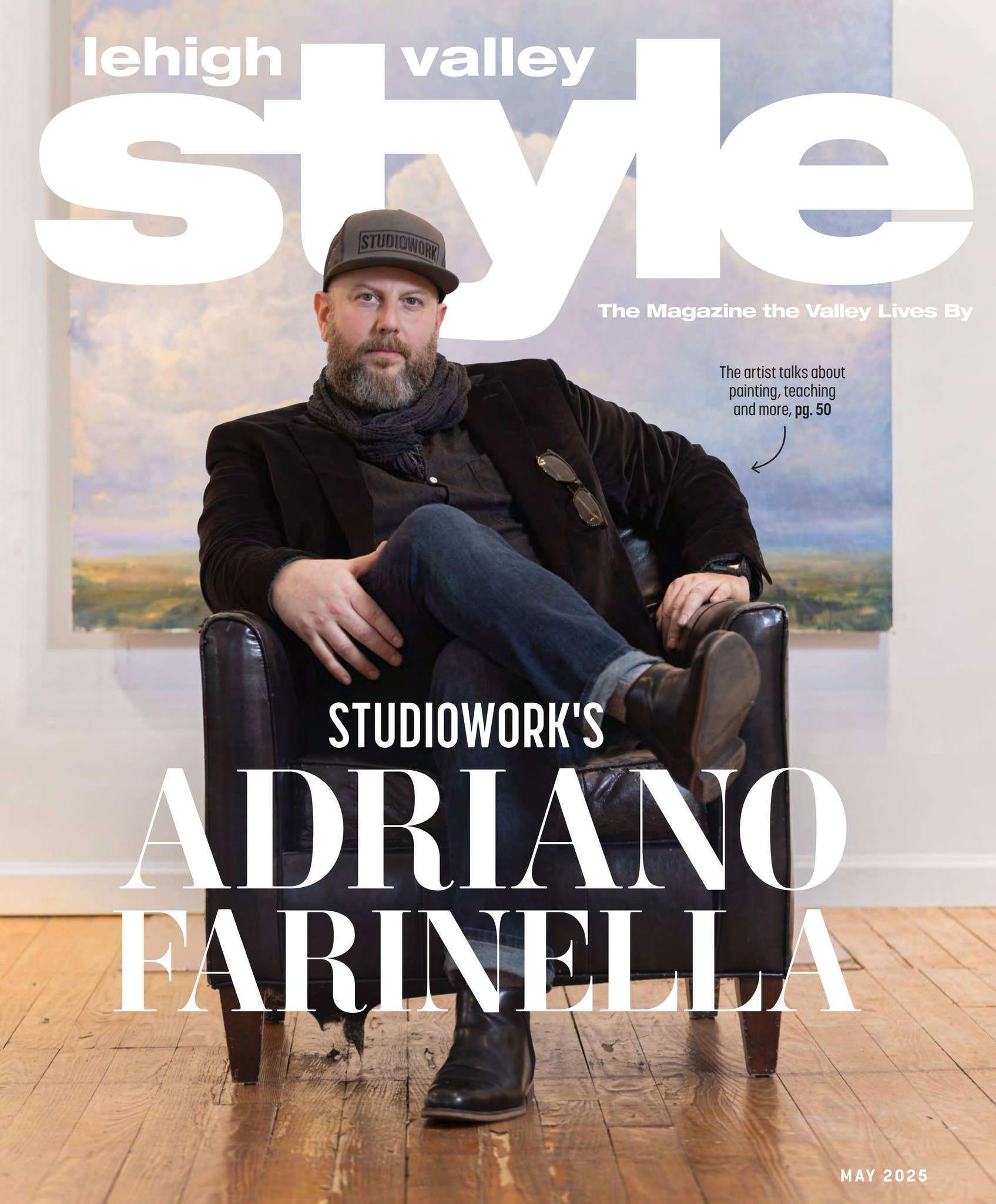
For many people, the pandemic has caused a heightened level of anxiety. Anxiety is the body's natural response to stress. Anxiety presents as feelings of worry and fear and lack of control. The pandemic has certainly given us many things to be concerned about: Will I or a family member get sick? Will I still have my job? Can I work safely? Should my kids attend school? When can I gather with my extended family and friends again? In addition, many of our “go-to” coping skills are out of reach due to COVID-19 restrictions and guidelines. This can make the anxiety you are feeling overwhelming. Despite this, there are things you can do to help address your anxiety.
5 Ways to Reduce Your COVID-19 Anxiety:
- Start with the basics: Sleep, healthy diet and exercise. Basic self-care is the first step in ensuring you have enough energy to manage your emotions. Maintain a daily routine: get dressed within an hour of waking up, eat three meals at usual times (at the table, not sitting on the couch), consider trying new recipes, get outside and breathe in the fresh air filling your lungs completely. Be mindful of the cool air inhaled and warm air exhaled—take 3–5 deep breaths. Move your body; go for a walk—fast or slow doesn't matter. Turn up some music loud in the house and dance.
- Limit the information you are exposing yourself to. Be informed, but do not drown yourself in it. Don't use electronics, watch the news or mindlessly scroll through your social media reading about others' anxieties, conspiracy theories or about social gatherings despite warnings, especially before bed. Look to reputable sources for your information. The Good News Network offers stories that will restore your faith in humanity and make you smile.
- Be aware of what you can control and focus your energy there. You cannot control if others choose to wear a mask or not. However, you can choose to wear one. Focus on your home and your immediate family. Anxiety lives in the “what if” future. Unless you have a crystal ball, you can't predict anything. You can only think of what is in your sphere of influence and that's it. Having a negative outlook takes more effort than considering what is positive and all the things in your life you “know to be true”. This is called “grounding” and has a big impact on reducing anxiety and excessive worry. Anxiety and worry can render us unable to make decisions….Be decisive and make an effort to make decisions for yourself…what to wear, what to eat, what to do…Have something to look forward to every day.
- Check-in with others. Even if you cannot gather in person, call a friend or Zoom with relatives. They may be feeling exactly the same as you. Don't compare anxieties and worries. When talking with friends and family, consider all the other things there are to talk about besides the pandemic. Trade funny stories, posts or videos. Suggest TV shows or a good series on Netflix (or other platforms) and then talk about them in your next conversation.
- Plan your time. Keep your mind busy so there is less room for worry. Make a to-do list, read a book, cook, complete a puzzle. Consider learning something new or mastering something you already know. Improve on those piano lessons you took as a kid. Consider decluttering your living space. Your surroundings impact your mood—there are some easy DIY projects online or you can watch a YouTube video to learn something more complicated. Try to accomplish two things a day besides daily living activities. Call a friend, relative or neighbor and ask them if there is anything you can do to help them out.
Check out the Coronavirus Anxiety Workbook available as a free PDF. This resource provides up-to-date information and exercises to help manage anxiety. The tools on pages 7–9 about how to challenge your negative thoughts are especially helpful.
If these strategies do not seem to be helping, it may be time to seek out help. Talk to your family doctor or make an appointment with a mental health professional. Many therapists are using telehealth so you can have sessions from the convenience of your home or office. Ask your employer if they offer an EAP, which may provide counseling for a set number of sessions with no cost to you. Some insurance companies are also covering the cost of co-pays and deductibles during the pandemic. This varies by plan and company so call your insurance company directly to see if your health insurance currently has this benefit.
The pandemic has caused an increase of anxiety. However, with some planning and awareness, you can empower yourself to manage it. So, take a deep breath, exhale and decide which of the above strategies are you going to practice today? Choose to be well and reach for a better you.
Summit View Counseling, LLC | 1275 S. Cedar Crest Blvd. Suite 3A, Allentown | summitviewcounseling.com
This post is a sponsored collaboration between Summit View Counseling, LLC and Lehigh Valley Style.
















